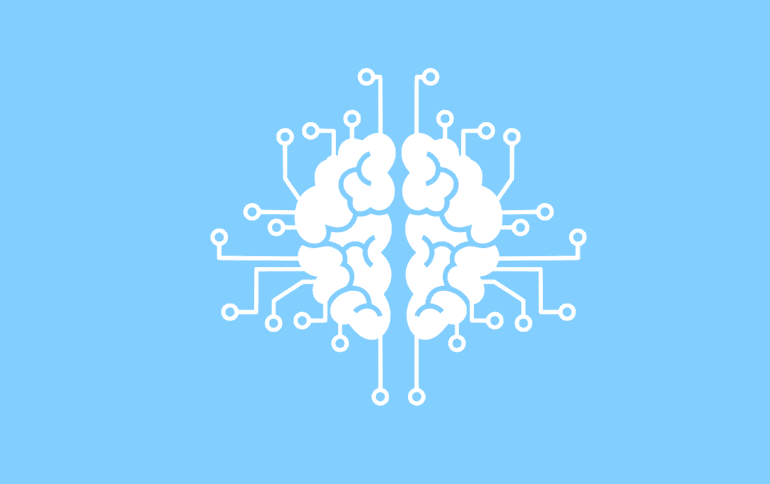TL;DR:
- Artificial Intelligence has a long history, with its earliest roots dating back to 1943.
- Despite progress in AI, it remained largely confined to a niche group of experts until 2018, with the introduction of ChatGPT.
- ChatGPT represents a major breakthrough in natural language processing, making communication with machines much more accessible and natural.
- The arrival of ChatGPT marks a defining moment in the history of AI, with the potential to change the way we interact with technology and shape the future.
- ChatGPT is one of the largest language models ever created, allowing for more natural communication with machines.
- The rapid development of AI raises many ethical concerns, including issues such as bias, invasion of privacy, abuse, and impact on employment.
- The emergence of ChatGPT holds immense potential for improving communication and driving innovation across multiple industries while also requiring caution and consideration of ethical implications.
Main AI News:
Artificial Intelligence has a long history, with its conceptual foundation dating back to 1943 and the development of the Turing Test in 1950. Over the years, AI has made remarkable progress, from systems that can play checkers and win at chess to recommendation algorithms like Netflix’s. Despite these advancements, AI remained largely confined to a niche group of mathematicians, programmers, and tech enthusiasts.
During the 2000s, the field of AI developed rapidly, with Google introducing a virtual assistant that could understand natural language queries and Amazon developing an AI model for its product recommendation system. Despite these breakthroughs, the general public remained largely uninterested in AI. Communication with machines was reserved for a select group of experts, and the language of AI was perceived as inaccessible to the average person.
In 2018, ChatGPT was introduced by OpenAI as a deep learning model. This was a major milestone in the field of natural language processing, changing the way people interact with technology. ChatGPT uses deep learning to produce human-like responses, making communication with machines much more intuitive and accessible.
The introduction of ChatGPT represents a pivotal moment in the history of AI. It has the potential to revolutionize the way we interact with technology and shape the future. While caution and consideration must be exercised in approaching this technological advancement, it offers enormous potential for enhancing communication and driving innovation.
ChatGPT is a remarkable advancement in AI, boasting 175 billion parameters and ranking as one of the largest language models to date. This scale allows ChatGPT to generate responses that sound much more natural than previous language models, transforming the way we communicate with machines.
Gone are the days when the language of AI was only known to experts. With ChatGPT, communication with machines has become easy and natural, accessible to a wider audience of English speakers. The combination of ChatGPT’s pattern recognition capabilities and vast data analysis abilities, paired with the ability for human communication in natural language, has sparked a revolution in the AI industry.
This technological breakthrough is expected to bring about significant and far-reaching impacts across multiple industries, including customer service and marketing, journalism and content creation, and even the pharmaceutical and medical fields. However, the rapid development of AI raises many ethical concerns, including issues such as bias, invasion of privacy, abuse, and impact on employment. These concerns have prompted calls from researchers and tech experts for regulation, whether through the intervention of regulators or self-regulation.
Conlcusion:
The emergence of ChatGPT marks a defining moment in the history of AI, one that holds the potential to transform communication and drive innovation across multiple industries. While the ethical implications of AI must be addressed, the potential benefits of this technology cannot be ignored. From now on, nothing will be the same.

